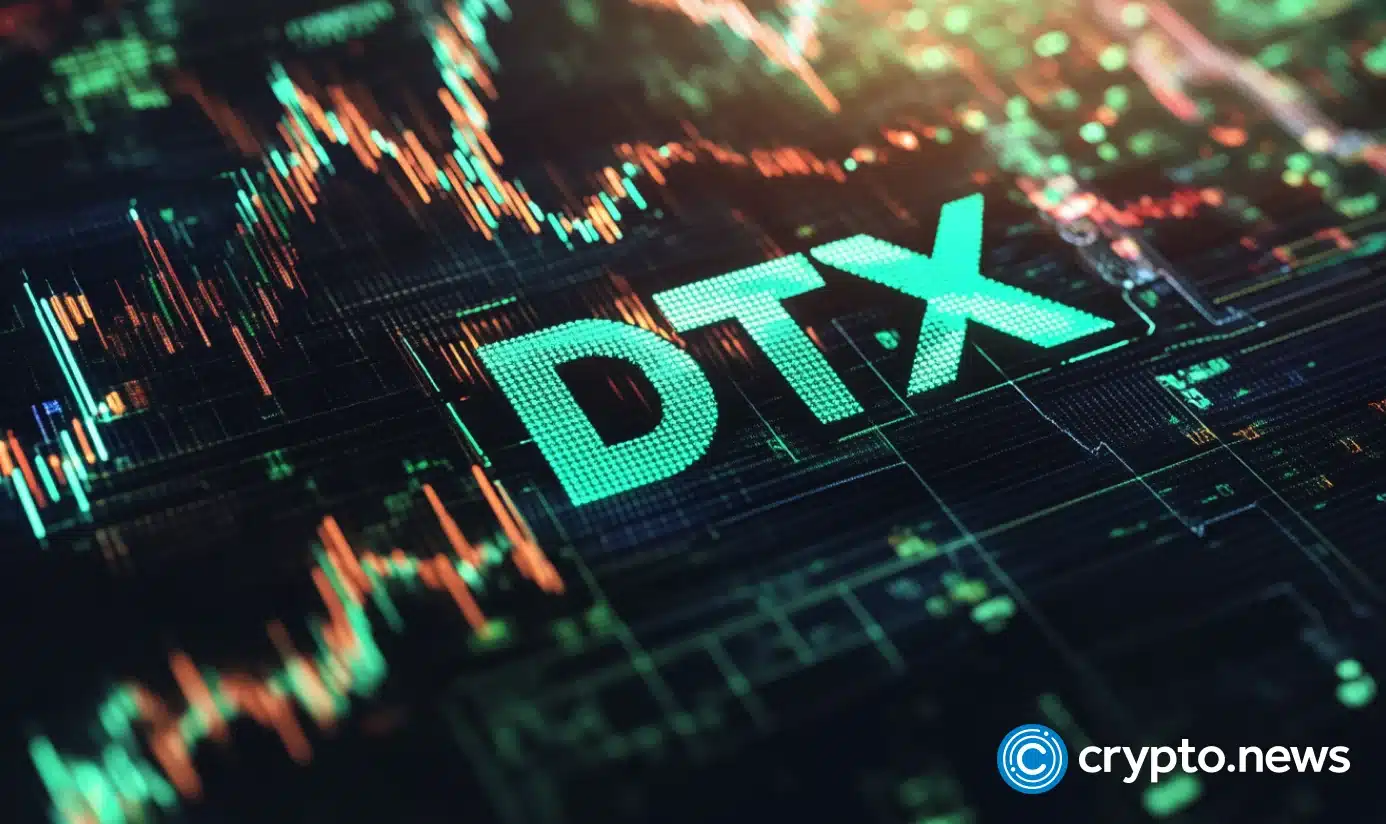The term “fat-finger” error is essentially a human vulnerability in the crypto world. Even a small typing slip can lead to massive financial losses. This type of error is familiar in financial markets. It happens when someone accidentally inputs incorrect information when transferring, buying, or selling crypto.
Sometimes, it’s as simple as adding an extra zero or accidentally sending an entire crypto balance to the wrong address. While such errors can occur in any sector, they are particularly risky in crypto. Transactions in this space are irreversible, immediate, and often anonymous. This makes recovery nearly impossible, creating high-stakes risks for even minor human mistakes.
Here’s a look at five major fat-finger errors that shook the crypto world.
1. Crypto.com’s Multi-Million Dollar Slip
In May 2021, Crypto.com mistakenly transferred 10.47 million AUD (around $6.8 million) to an Australian couple instead of issuing a modest 100 AUD refund. The error allegedly stemmed from an employee who entered the wrong account number into a payment section. By the time the mistake was noticed during a December audit, the couple had splurged on multiple homes and even gifted a friend a million AUD.
They claimed to believe they had won an “online raffle,” but this defense didn’t hold in court. Crypto.com denied running any such promotion, and the couple eventually faced charges. Jatinder Singh, one of the recipients, received a three-year jail sentence, while his partner received community service. This case revealed how costly fat-finger mistakes can be in crypto when immediate action isn’t possible.
2. DeversiFi’s $23.7 Million Gas Fee Blunder
In September 2021, DeversiFi, a decentralized finance (DeFi) platform, faced a $23.7 million loss due to a technical glitch. This hefty gas fee error resulted from an issue with the EthereumJS software. It was combined with recent fee changes from Ethereum’s EIP-1559 update. Fortunately for DeversiFi, the miner who received the unintended fee had a sense of fairness. He returned the full amount minus 50 ETH (worth around $190,000) as a goodwill gesture.
The blockchain’s transparency allowed DeversiFi to identify the miner, and through their deposit patterns to Binance, they were able to reach out. This incident was a rare example of luck in the otherwise harsh world of blockchain, where transactions are often final.
3. Compound’s $90 Million Token Giveaway
In October 2021, a bug in an update to Compound Finance, a popular DeFi platform, led to a shocking misallocation of its native COMP tokens. Due to an oversight in the code, some users received more than $90 million worth of COMP tokens they hadn’t actually earned.
While Compound’s founder publicly requested users return the excess tokens, not everyone complied. In some cases, anonymity tempted users to cash in instead, revealing the difficulty in recovering funds in decentralized finance. Without any built-in admin controls or a central authority, Compound was powerless to stop the distribution or retrieve the funds, leaving the team helpless despite repeated pleas for users to act ethically.
4. BlockFi’s Bitcoin Promo Mix-Up
In 2021, digital lender BlockFi intended to run a stablecoin promotion with Gemini Dollar (GUSD), offering bonuses to users for maintaining certain balances. However, an error occurred, and some users received Bitcoin instead of GUSD, with a few lucky users even receiving up to 700 BTC.
While most of the mistaken transfers were reversed, around 100 customers managed to keep or sell the Bitcoin they’d accidentally received. The incident sparked public backlash, especially when BlockFi accused some customers of wrongdoing even if they hadn’t attempted to cash out the BTC. This situation demonstrated how crypto platforms must be cautious in handling promotional transactions, where a small mistake could spiral into a costly payout.
5. Suspicious Gas Fee Overpayments: Intentional Money Laundering?
Not all fat-finger errors are purely accidental. Some suspect these “errors” could be intentional moves for money laundering. One example is the August 12 incident when a user paid $90,000 in gas fees for a modest $2,200 Ether transaction.
By collaborating with a validator, users can ensure that the fees get included in a particular block, allowing them to “mistakenly” overpay. This tactic highlights the complexity and potential for exploitation within crypto, especially when transaction transparency and irreversible payments intersect.
Fat-Finger Errors Are Here to Stay
As these incidents show, fat-finger mistakes are not just an occasional slip-up in crypto; they’re an inherent risk due to the sector’s reliance on irreversible, immediate, and public transactions. A single typo or misclick can cost fortunes, making attention to detail essential.
While some may walk away with massive losses, others, like DeversiFi, may encounter a rare good Samaritan. Either way, fat-finger errors highlight an ongoing challenge in crypto’s quest for mainstream adoption and security.
Remember, investing in cryptocurrencies involves risks, and it’s important to conduct thorough research and seek professional advice before making any financial decisions. (Please keep in mind that this post is solely for informative purposes and should not be construed as financial or investment advice.)

















 English (US) ·
English (US) ·